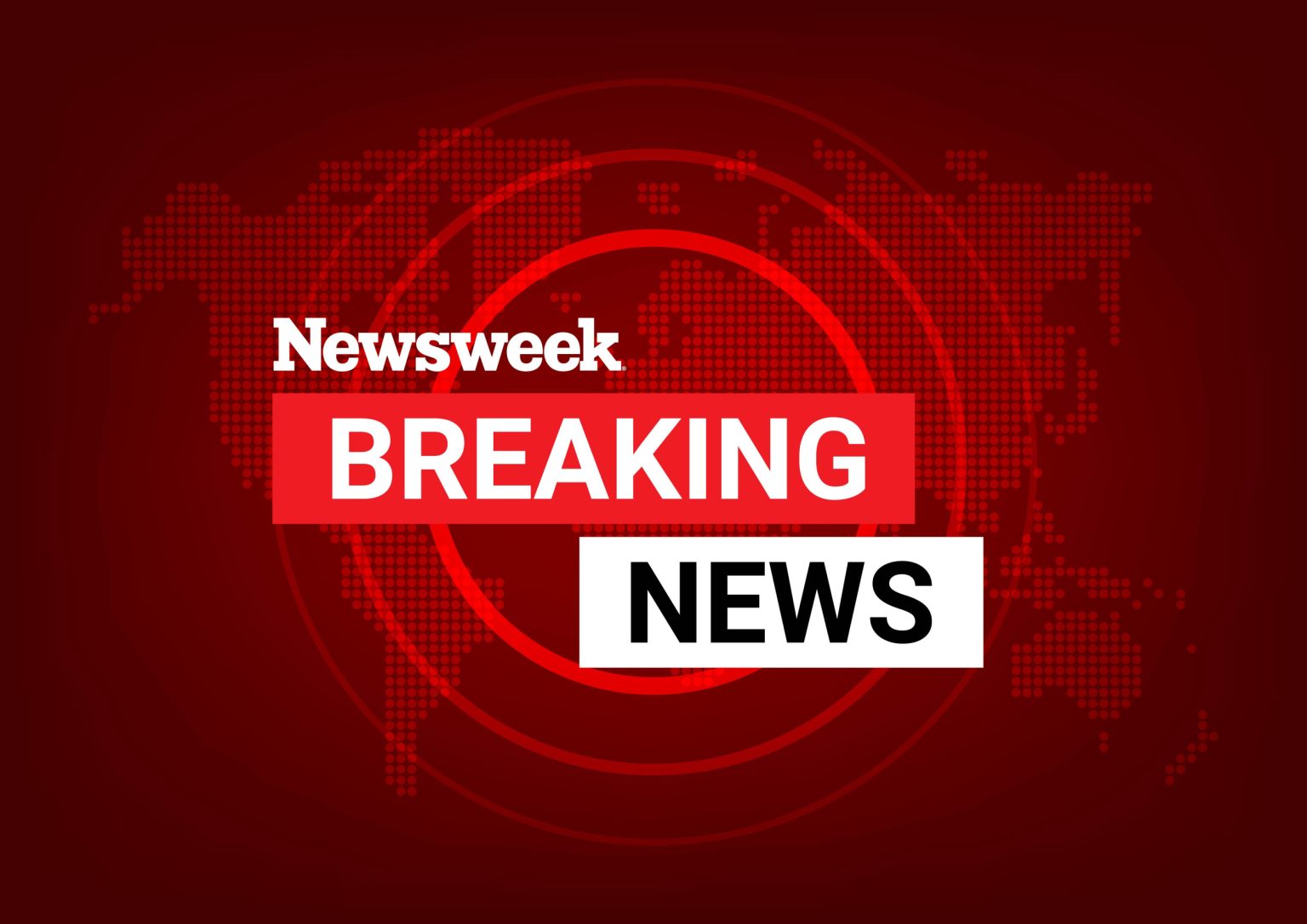Zelensky Calls on China to Respond to Deadly Russian Strikes on Kyiv
In the early hours of Thursday, August 28, as Kyiv residents were jolted awake by the now-familiar sound of air raid sirens, Ukrainian President Volodymyr Zelensky took to social media with an urgent message directed at Beijing. Following a devastating Russian missile attack that claimed at least eight lives—including that of a child—and left dozens wounded or trapped beneath debris, Zelensky called upon China to break its diplomatic silence. “We expect a reaction from China to what is going on,” he stated plainly on X (formerly Twitter), pointing to what he perceives as a troubling global pattern of excusing Russian President Vladimir Putin’s actions while innocent Ukrainians continue to perish. The statement highlights the complex geopolitical dance that has characterized this conflict, with Zelensky specifically noting China’s repeated calls for de-escalation and ceasefires that have yet to materialize “because of Russia.”
The timing of Zelensky’s appeal is particularly significant given the deepening strategic partnership between Moscow and Beijing. As Western sanctions have tightened around Russia’s economy like a vise, China has emerged as a crucial economic lifeline through massive oil purchases that have helped stabilize the Russian economy despite international isolation. This relationship has allowed Putin’s war machine to continue functioning despite unprecedented economic pressure from Europe and North America. By directly calling on China to respond to the latest civilian casualties, Zelensky is attempting to place Beijing in a difficult diplomatic position—forcing it to either acknowledge the humanitarian consequences of Russia’s actions or tacitly condone them through continued silence. The Ukrainian leader’s message carries an implicit challenge to China’s self-positioning as a responsible global stakeholder committed to peace and stability.
The latest attack on Kyiv represents part of a broader pattern of intensified Russian aggression that stands in stark contrast to the Kremlin’s public statements about seeking peace. In recent weeks, Moscow has significantly ramped up both its aerial bombardment campaign across Ukraine and its ground offensives along various sections of the front line. These escalatory actions come even as Russian officials continue to make public pronouncements about their willingness to negotiate—claims that Zelensky and Western leaders have dismissed as empty rhetoric designed to buy time while Russia consolidates territorial gains. The disconnect between Russia’s words and actions has become increasingly apparent, with the Kremlin rejecting ceasefire proposals while simultaneously advancing its forces in eastern Ukraine, where they have made slow but steady progress in capturing additional territory.
For ordinary Ukrainians, the consequences of this diplomatic deadlock are measured in shattered lives and broken communities. Thursday’s attack on Kyiv is just the latest example of the war’s grim human toll, with first responders working frantically to rescue those trapped under collapsed buildings while medical personnel struggle to treat the wounded. The death of a child among the casualties serves as a particularly poignant reminder of the conflict’s indiscriminate nature. These attacks on civilian infrastructure far from the front lines have become a hallmark of Russia’s strategy—an approach that military analysts suggest is designed not just to degrade Ukraine’s physical resources but also to break its population’s psychological resilience. By targeting Kyiv and other major cities, Moscow aims to demonstrate that nowhere in Ukraine is truly safe, regardless of distance from active combat zones.
China’s response—or lack thereof—to Zelensky’s appeal will be closely watched by policymakers worldwide as an indicator of Beijing’s willingness to use its influence with Moscow. As Russia’s largest trading partner and a fellow permanent member of the UN Security Council, China occupies a unique position to potentially moderate Russian behavior. However, Beijing has thus far been reluctant to meaningfully pressure Putin, prioritizing its strategic partnership with Russia as a counterweight to Western influence in the international system. Chinese officials have repeatedly called for peace negotiations while carefully avoiding direct criticism of Russia’s actions, maintaining a position of nominal neutrality that Western leaders view as effectively supporting Moscow. Zelensky’s direct appeal attempts to make this balancing act more difficult to sustain in the face of documented civilian casualties.
As rescue operations continue in Kyiv and Ukrainian air defenses remain on high alert for potential follow-up strikes, the broader strategic picture remains deeply troubling for Ukraine and its supporters. Russia’s recent territorial advances, though modest, represent momentum that will be difficult to reverse without significant additional Western military support. Meanwhile, political developments in the United States and Europe raise questions about the long-term sustainability of that support, creating additional uncertainty for Kyiv’s defensive efforts. Against this backdrop, Zelensky’s appeal to China represents a recognition of the changing global power dynamics—an acknowledgment that ending this conflict may ultimately require engagement with powers beyond the traditional Western alliance. Whether Beijing will respond substantively to this appeal remains to be seen, but the question now hangs prominently in the international conversation surrounding this devastating war that continues to claim lives and reshape European security architecture more than two years after it began.


